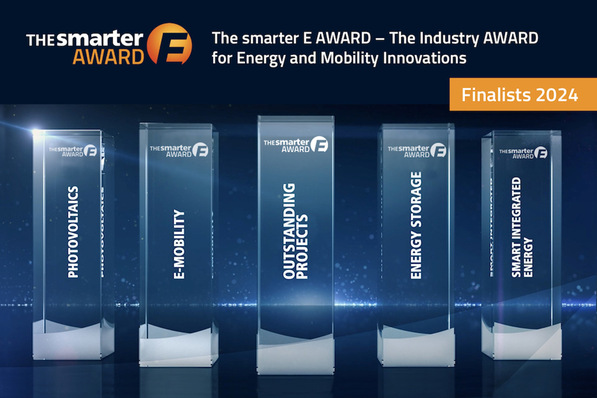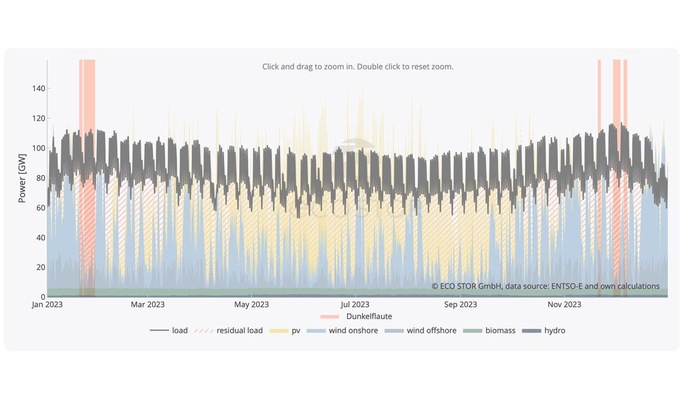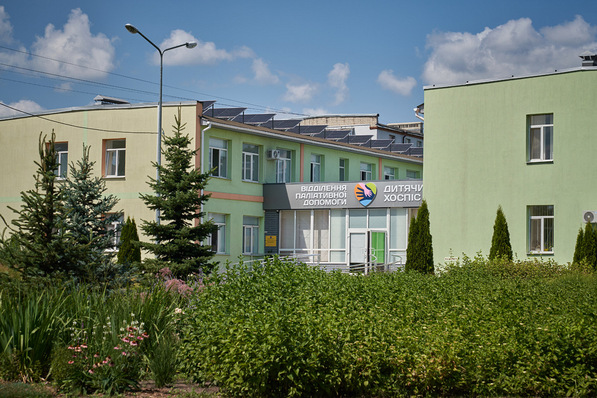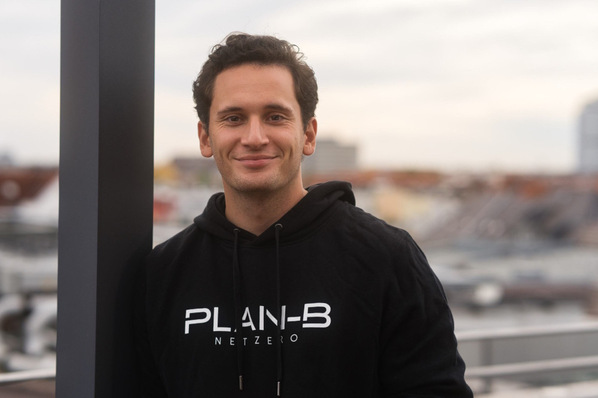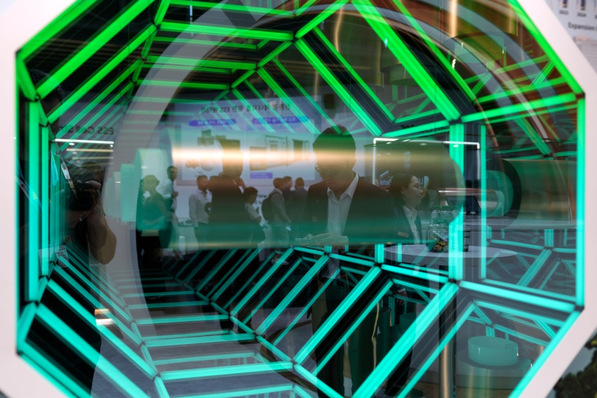All aspects of the inverter’s life cycle were assessed: from procurement and production through to usage and even disposal once the inverter’s useful life has come to an end. The life cycle analysis was reviewed and certified by the renowned Fraunhofer Institute, meaning that the Fronius GEN24 Plus has the first life cycle assessment in the world to be confirmed by an independent institute.
The Fronius Research & Development department and sustainability analyst Harald Pilz of together for tomorrow scientifically developed and tested different scenarios over the course of a year. The results speak for themselves: contrary to popular opinion, the climate change payback time ranges from less than one year to 3.7 years, depending on the scenario. This is equivalent to a carbon footprint of 117,000 kilometres driven in a car with a combustion engine.
Scientifically proven sustainability
“At Fronius, sustainability is not just a cliché, but rather deeply rooted in our conduct and thinking. We invest in years of research to ensure that our products and solutions are future-proof and sustainable,” says Martin Hackl, Global Director of the Business Unit Solar Energy, Fronius International GmbH. "Fact-based working and a high level of transparency form the basis for genuine sustainability,” continues Hackl. “Being involved in this study was eye-opening even for me as a consultant because the analysis examined a number of aspects that are often neglected in other life cycle assessments,” says auditor Karsten Schischke of Fraunhofer IZM.
In the course of the life cycle analysis, the expert team subjected the entire product life cycle of the GEN24 Plus to scientific scrutiny. Everything came under the microscope, from raw materials and components to sustainability in production as well as the transport routes and long service life of products, right through to repairability and recycling.
Payback time and environmental benefits
Depending on the scenario, the CO2 payback time ranges from under one year to 3.7 years. The environmental benefits are up to 26 times greater than the energy required to manufacture and operate the inverter as well as reuse and dispose of the waste. “The amount of CO2 emissions saved exceeds the amount produced to an extent that only very few electronics products can claim. The focus is on sustainability throughout, from the first sketch by a developer to the selection of materials and suppliers, sustainable production and intelligent service programmes, right through to the end of the service life,” says Martin Hackl proudly. The GEN24 Plus inverter saves up to 16,932 kg of CO2 over the course of a hypothetical service life of 20 years. This is equivalent to nine flights from Munich to New York. (mfo)


